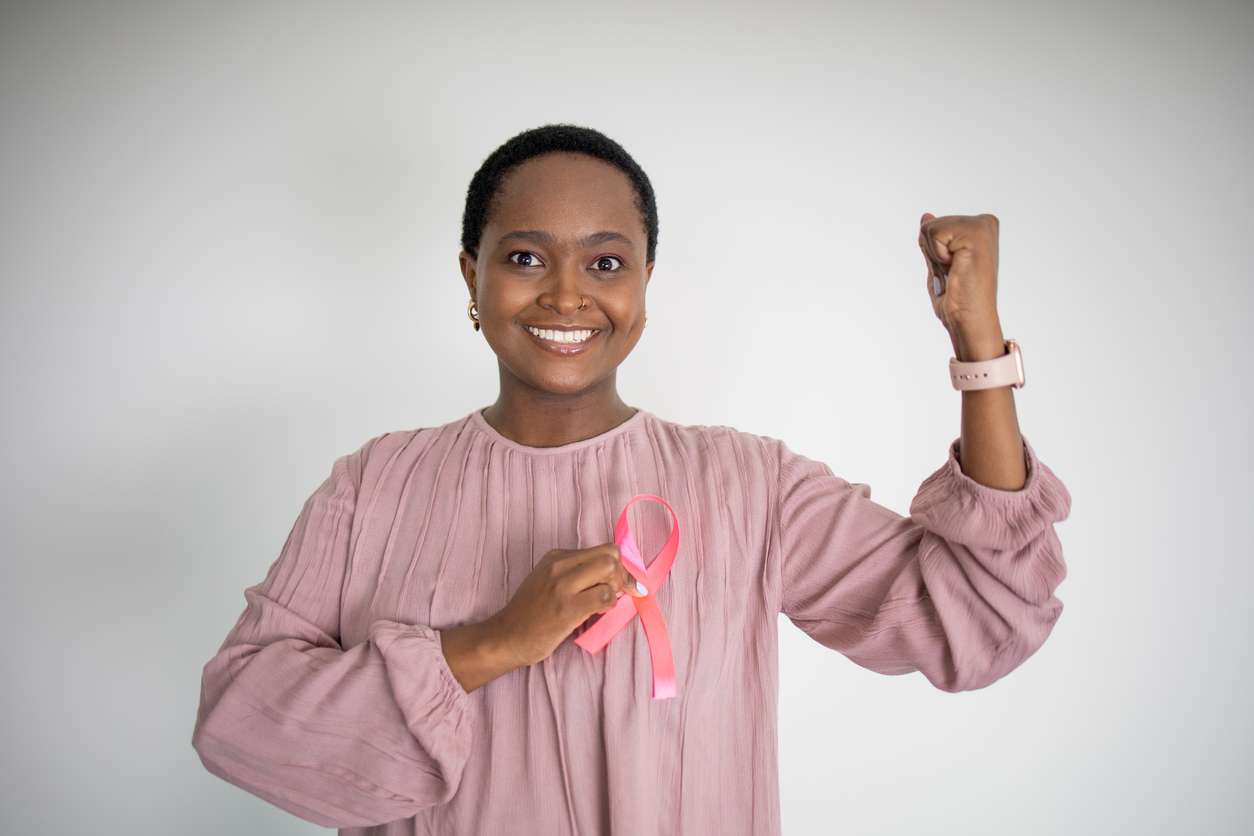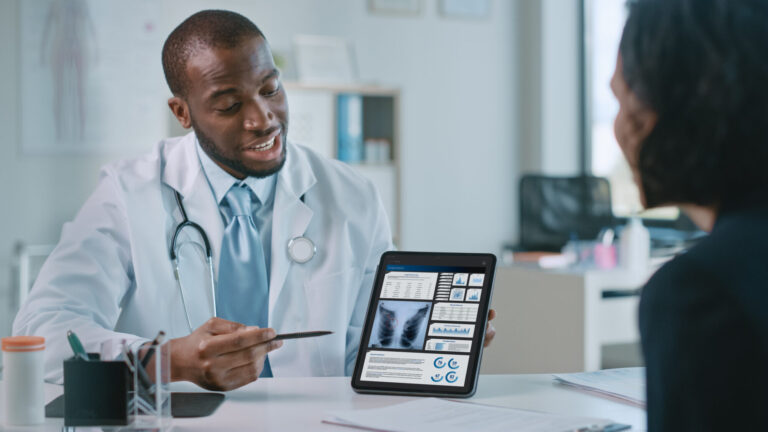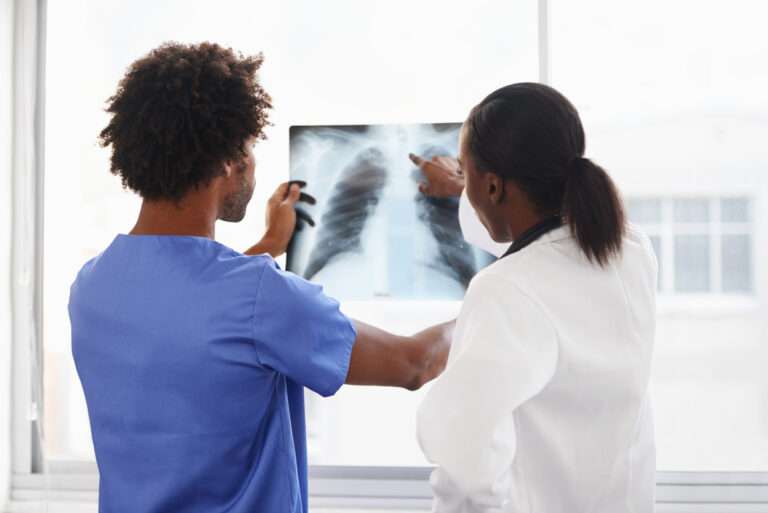Across the globe, countless lives are impacted by a disease that remains the most common cancer among women: breast cancer. While the challenges it presents are significant, so too are the advances in treatment, early detection, and support. Breast Cancer Awareness Month is more than a campaign—it’s a collective call to action, inviting us all to raise awareness, share knowledge, and empower one another in the fight against this illness. However, despite its prevalence, it remains one of the most treatable forms of cancer when detected early. This fact makes it a vital movement for encouraging women to take proactive control of their health. This month also serves as a time for pushing forward life-saving conversations, honoring those who have fought the battle against breast cancer, and promoting early detection, advocacy, and education.
Breast cancer is a disease characterized by the growth of malignant cells in the tissues of the breast. Malignant tumors have the ability to invade nearby tissues, spread to other parts of the body (a process called metastasis), and cause significant damage. Though it can affect both women and men, it disproportionately affects women. Because breast cancer in men is less common, it often goes unnoticed until later stages, making awareness and early detection just as critical for men as for women. Although rare, men should be aware of their risk, especially if there is a family history of breast cancer.
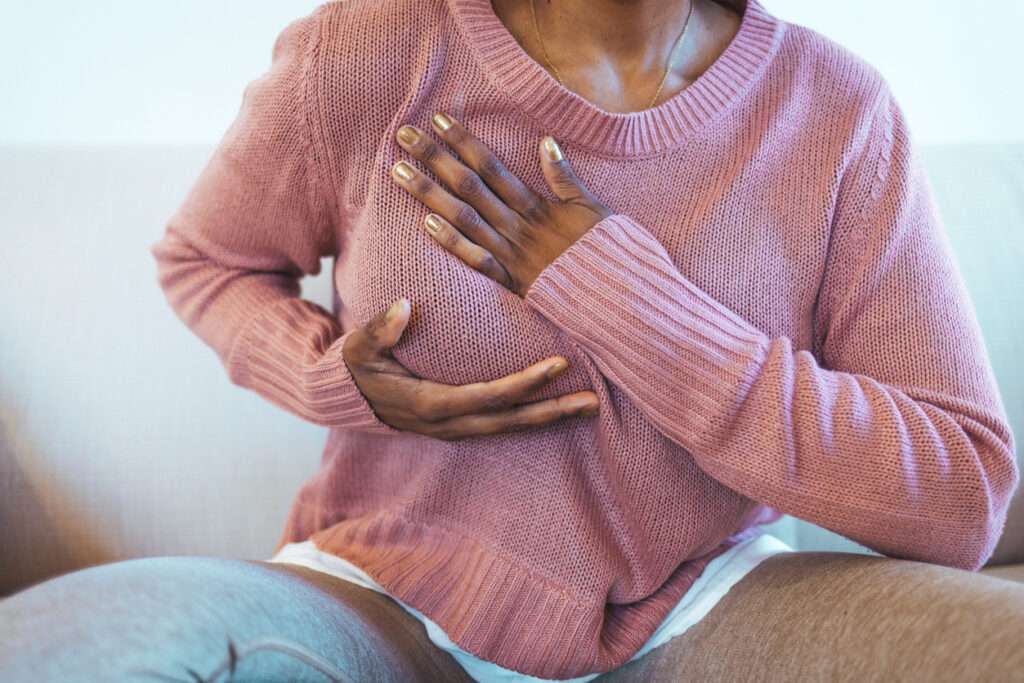
Statistics reveal that one in eight women (one in 833 in men) in the U.S. will develop invasive breast cancer during their lifetime. Despite this alarming figure, advances in treatment and early detection have dramatically improved survival rates over the past few decades.
These advancements serve as a beacon of hope, reminding us that breast cancer is no longer the insurmountable battle it once was. However, we still have work to do. We must continue to push for accessible health care, improved early detection methods, and support systems for every woman, regardless of her background or circumstances. It is through this kind of relentless advocacy and action that we will continue to increase survival rates, and one day, conquer this disease once and for all.
The importance of continuous education, regular screenings, and ensuring access to affordable health care cannot be overstated. Many women, particularly those in underserved communities, are significantly challenged with the cost and accessibility of preventive care, mammograms, and treatments. This is where advocacy groups and support networks step in, working to create avenues for women to access the care they need, regardless of their economic or social circumstances, and even their age.
The cornerstone of breast cancer survival lies in early detection. Mammograms, self-exams, and routine doctor visits are crucial tools that can help catch the disease in its early stages. However, the age limits and recommendations for mammograms can, at times, create barriers for women who fall outside the standard guidelines but may still be at risk. This makes personalized risk assessments, discussions with healthcare providers, and increasing awareness of individual risk factors even more important in breast cancer prevention.
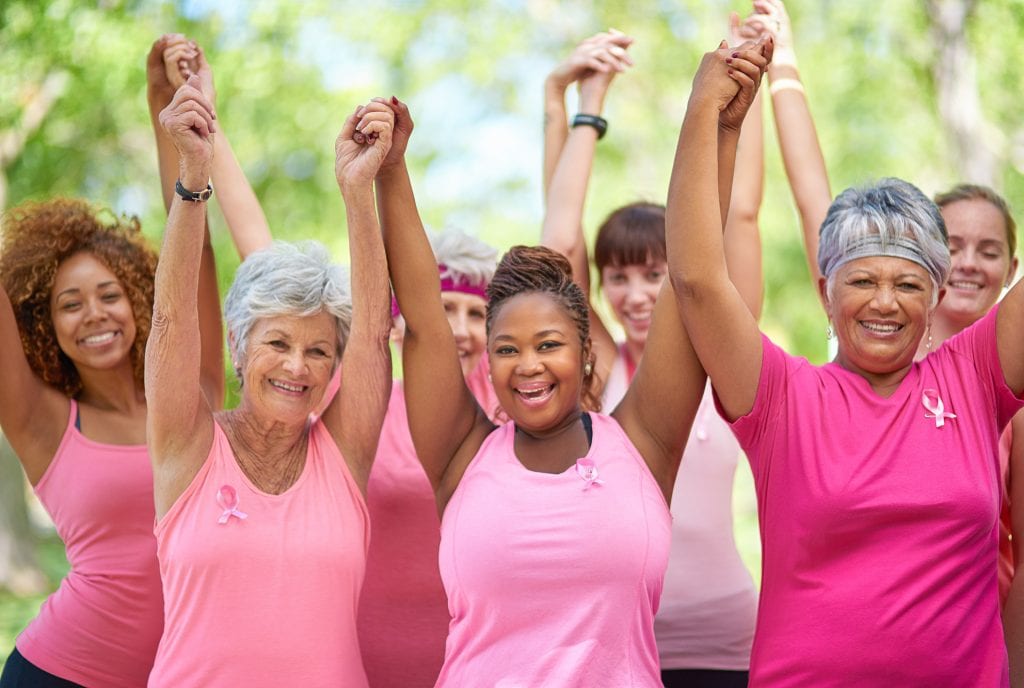
Women must be encouraged to perform regular self-breast exams, know their bodies, and consult their healthcare providers about their risk factors and family history. Breast cancer can manifest in various ways, including lumps, changes in breast tissue, or skin discoloration. By understanding these signs, women can advocate for themselves when something feels wrong. The earlier the diagnosis, the better the prognosis.
Breast cancer is not just a physical battle—it’s an emotional and psychological one as well. From the moment of diagnosis through treatment, women often face intense emotional challenges, such as fear, anxiety, and depression. The availability of mental health resources and support systems are just as important as the medical treatment women receive. Family, friends, or online communities play a critical role in helping women navigate their breast cancer journeys.
For some women, the risks associated with breast cancer can be more complex. While certain groups may be slightly less likely to develop the disease, they are often diagnosed with more aggressive forms and at younger ages. These disparities remind us that awareness efforts must be tailored to reach every community, ensuring that no woman is left without access to early detection, education, and resources. It’s essential that all women—regardless of their background—are empowered with knowledge about genetic testing, clinical trials, and advanced treatment options, which can open doors to better care and improved outcomes.
If you’re reading this, whether as a survivor, a supporter, or someone eager to learn more, I encourage you and thank you in advance for taking action today. Get screened, educate others about the importance of early detection, and support ongoing breast cancer research efforts.
Let us remind ourselves, our sisters, mothers, daughters, and friends that prioritizing our health is not just a responsibility but an act of empowerment. We honor those who have survived, remember those we have lost, and continue to fight for a future free from breast cancer.
Every conversation, every action, every step forward, every voice raised, and every donation made helps to move us closer to a world where breast cancer no longer poses a threat to women and men worldwide.
Empowering Affirmations for Breast Cancer Awareness
- “I am strong, resilient, and capable of overcoming any challenge.”
- Embrace your inner strength and remember that you are more powerful than you know.
- “My health and well-being are priorities in my life. I take charge of my body and my future.”
- Prioritizing your health is an act of self-love. Take time to listen to your body and care for it with compassion.
- “I honor the journeys of all the brave women who have come before me, and I walk this path with courage and hope.”
- Draw strength from the women who have battled before you, and know that you are not alone in this fight.
- “I trust my body, my instincts, and my ability to heal.”
- Your body has incredible wisdom, and when combined with medical care and self-awareness, you can overcome.
- “I choose hope every day, and I know that hope fuels healing.”
- Hope is a powerful force. Let it guide your thoughts and actions on the journey to recovery and wellness.
- “I am worthy of love, support, and the best care available. I advocate for my health and my life.”
- Never forget your worth. You deserve the best care, and you have the strength to advocate for yourself and others.
A Call to Action
Let these affirmations remind you of your strength, your power, and your worth. Whether you are facing breast cancer, supporting someone who is, or simply standing in solidarity, your voice matters. Together, we will continue to uplift, support, and empower one another in this journey.
You are not defined by this disease; you are defined by your spirit, your courage, and your ability to rise every day and choose hope.
Stay empowered. Stay hopeful. Stay strong. 💗
Frenetta Tate is the CEO of Frenetta Tate Global LLC, a women’s empowerment coaching company. She is available on social media @frenettatate.


